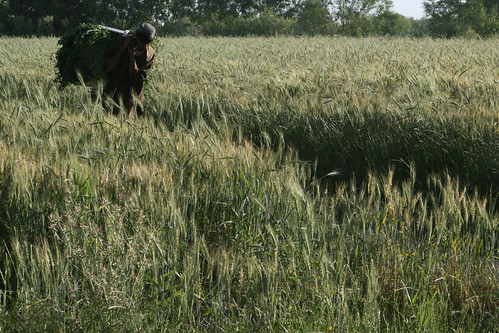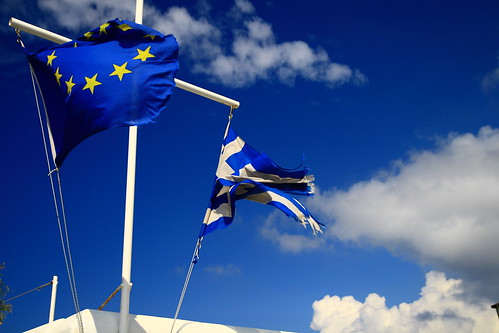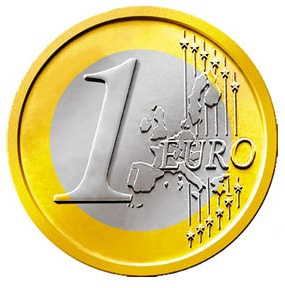
NEW YORK – Afghanistan’s security and political situation remains plagued by uncertainty, stemming from the withdrawal of United States and NATO combat troops, the upcoming presidential election, and the stalled peace negotiations with the Taliban. Recognizing that continued economic insecurity will exacerbate this perilous situation, the government has announced a new package of economic incentives aimed at attracting foreign direct investment.
The package includes the provision of land to industrialists at dramatically reduced prices, tax exemptions of up to seven years for factory owners, and low-interest loans of up to ten years for farmers. Such incentives are targeted at foreign investors and the local elite, with the aim of stopping or even reversing capital flight. But the new measures ultimately amount to more of the same: a fragmented policy approach that will prove inadequate to solve Afghanistan’s fundamental economic problems.




